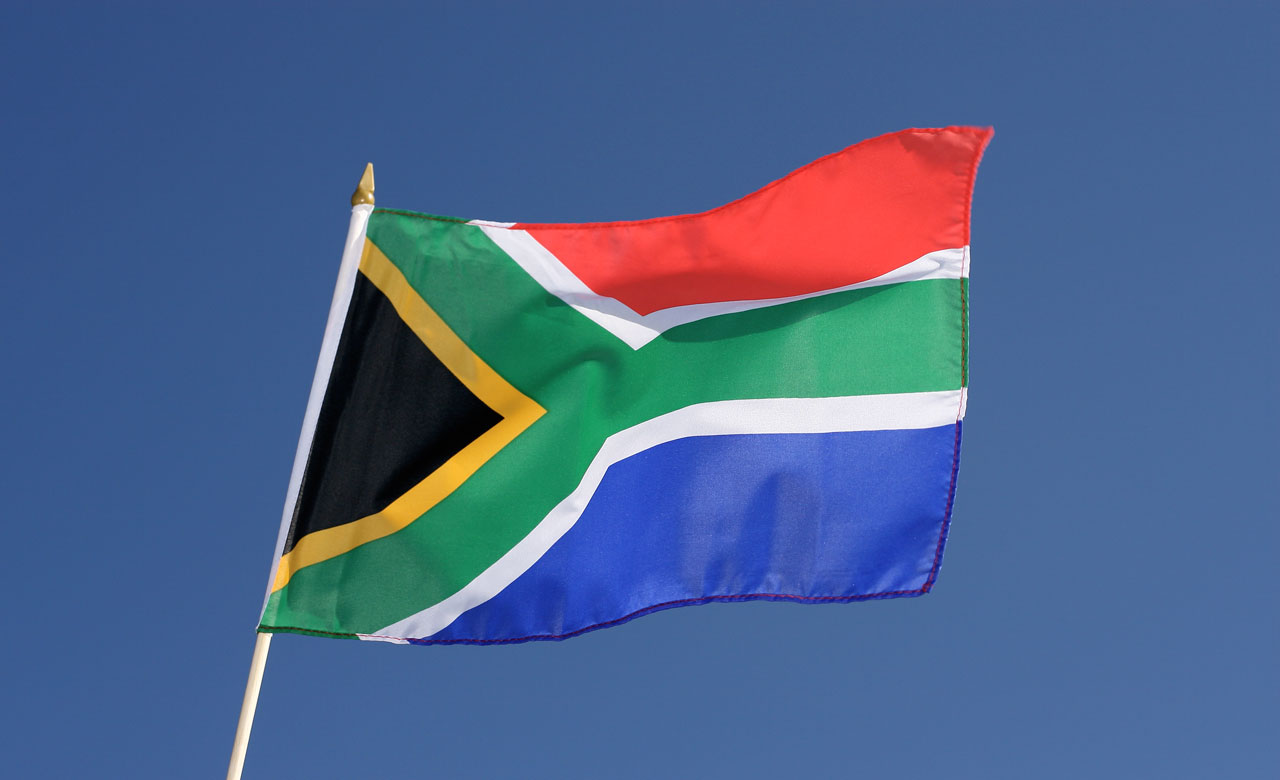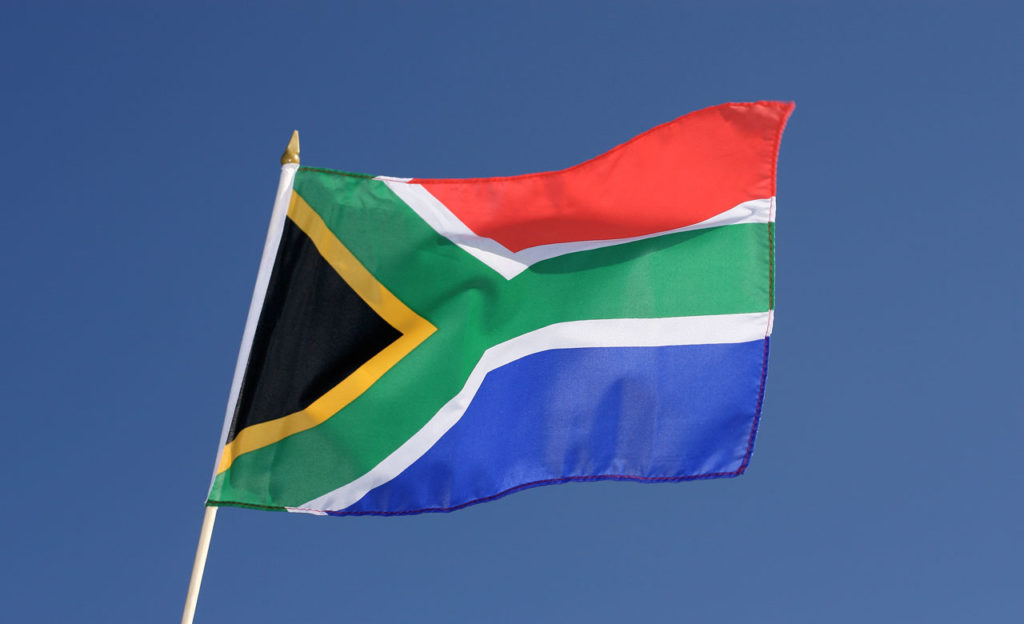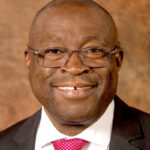According to Transparency International’s latest annual review that draws on a mix of business and government sources for its rankings. The Corruption Perceptions Index (CPI) ranks countries and territories based on how corrupt their public sector is perceived to be. It is a composite index – a combination of polls – drawing on corruption-related data collected by a variety of reputable institutions. The CPI reflects the views of observers from around the world. South Africa ranks 69.
The Corruption Perceptions Index has received criticism over the years. The main one stems from the difficulty in measuring corruption, which by definition happens behind the scenes. The Corruption Perceptions Index therefore needs to rely on third-party survey which have been criticized as potentially unreliable. Data can vary widely depending on the public perception of a country, the completeness of the surveys and the methodology used. The second issue is that data cannot be compared from year to year because Transparency International uses different methodologies and samples every year. This makes it difficult to evaluate the result of new policies. The Corruption Perceptions Index authors replied to these criticisms by reminding that the Corruption Perceptions Index is meant to measure perception and not “reality”. They argue that “perceptions matter in their own right, since… firms and individuals take actions based on perceptions”.
Here are the 10 Most Corrupt Countries In The World
10. Venezuela
9. Guinea-Bissau
8. Afghanistan
7. Libya
6. Sudan
5. Yemen
4. Syria
3. South Sudan
2. Somalia
1. North Korea
9. Guinea-Bissau
8. Afghanistan
7. Libya
6. Sudan
5. Yemen
4. Syria
3. South Sudan
2. Somalia
1. North Korea













